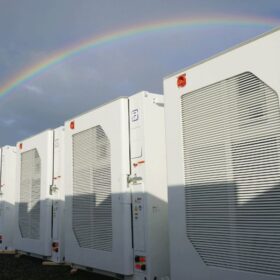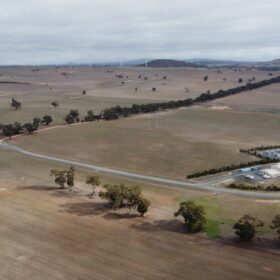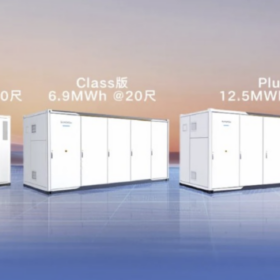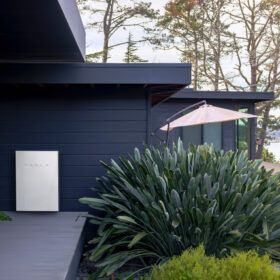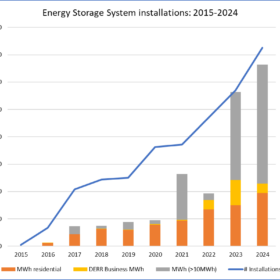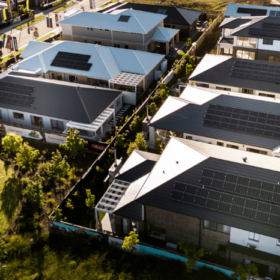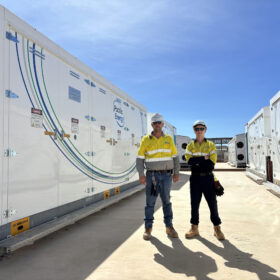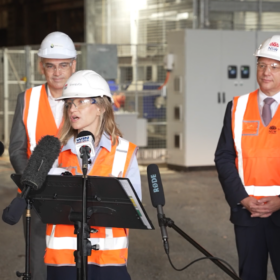Queensland’s biggest battery reaches operational milestone
Queensland’s biggest battery energy storage system has officially commenced operations with renewables developer Neoen announcing it has completed construction and commissioning of the first stage of its Western Downs Battery.
Fluence secures state backing to grow Australian operation
United States-based energy storage tech giant Fluence Energy has announced an expansion of its Australian headquarters in Melbourne after locking in a “tailored investment” provided by the Victorian government.
ACEnergy secures connection approval for 250 MW battery
Australian-owned renewables developer ACEnergy has received connection approval for a four-hour capacity grid-forming battery energy storage project to be built in northwest Victoria.
Report reveals Sydney potential for 21 GW renewable energy zone
A new report calls for mandated solar installations on all new residential and industrial buildings in Sydney to help transform the city into an urban renewable energy zone capable of generating three quarters of its annual energy needs.
Sungrow unveils PowerTitan 3.0 battery with 684 Ah cell
Sungrow has launched the PowerTitan 3.0 battery energy storage system, built around a 684 Ah cell and a fully liquid-cooled silicon carbide power conversion system.
NSW pairs increased VPP incentive with national battery rebate
The New South Wales government has ended its home battery installation rebate, announcing it will instead provide up to $1,500 to households and small businesses that install a battery energy storage system and connect it to a virtual power plant.
SunWiz details sharp rise in residential battery install volumes
Australia is on the cusp of a major surge in solar battery adoption with SunWiz forecasting at least 100,000 home energy storage systems with a combined capacity of 1.2 GWh will be rolled out next year, a 38% increase on 2024’s installations.
Victoria puts an end to no-interest solar battery loan program
The Victorian government has announced applications for the state’s interest-free solar battery loan program are no longer being accepted, declaring that the rollout of energy storage systems under the scheme has exceeded expectations.
8 MWh battery system to help power WA lithium project
An 8 MWh battery energy storage system is now helping power one of the largest hard-rock lithium mines in the world with Western Australia-based miner PLS advancing its plans to reduce its energy-related emissions intensity and costs.
NSW government throws weight behind first urban renewable energy zone
EnergyCo and New South Wales government representatives have given impetus to the proposed Illawarra renewable energy zone, tipped to be the state’s first urban REZ, and setting a benchmark for future clean energy collaborations.

